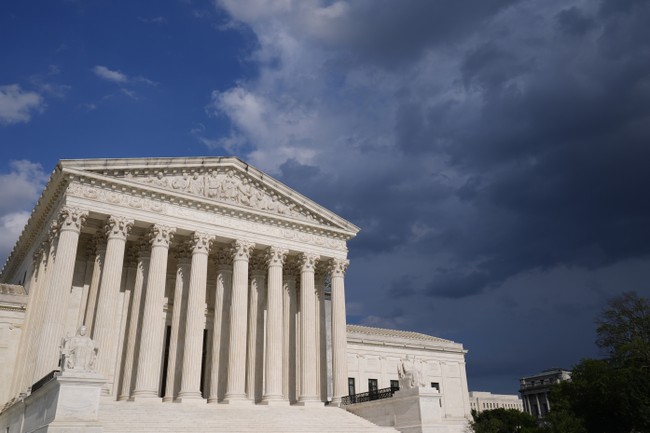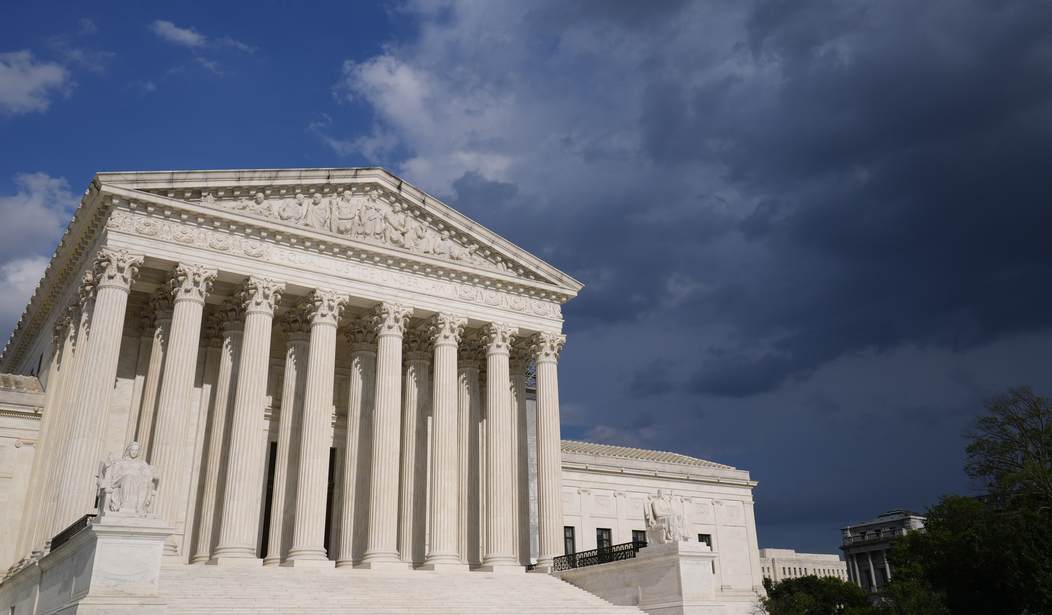After pleading guilty to bank fraud and filing a false income tax return in 2015, Selim Zherka was sentenced to 37 months in federal prison and three years of supervised release, plus fines, restitution, and forfeiture. Although he completed his sentence in May 2020, he is still subject to an additional penalty: He is not allowed to exercise the constitutional right to armed self-defense.
The federal law imposing that disability, Zherka argues in a Supreme Court petition, is unconstitutional as applied to him because his criminal record does not suggest his possession of firearms would pose a danger to public safety. The case gives the court a chance to ameliorate the injustice caused by an absurdly broad policy that deprives Americans of the right to arms even when they have no history of violence.
Since 1961, that disability has applied to anyone convicted of a crime punishable by more than a year of incarceration, no matter the nature of the offense, how long ago it was committed, or the actual sentence imposed. As I explain in my new book "Beyond Control," that category encompasses myriad state and federal offenses that do not involve the use or threat of violence, such as insider trading, food stamp fraud, embezzlement, obstruction of justice, unlawful fish exports, and unauthorized movie recording.
The crime need not be especially serious, let alone violent. While Zherka's offenses involved millions of dollars, Utah social worker Melynda Vincent, who is also asking the Supreme Court to review her case, was convicted of bank fraud in 2008 because she wrote a bad check for $498 at a grocery store.
Although bank fraud can be punished by up to 30 years in prison under federal law, Vincent was sentenced to probation. But 17 years later, she still is not allowed to own a gun or even temporarily possess one.
That ban, according to three federal appeals courts, may be unconstitutional as applied to particular nonviolent offenders. But six other circuit courts have disagreed.
The latter group includes the U.S. Court of Appeals for the 2nd Circuit, which last June rejected Zherka's Second Amendment argument. It concluded that disarming him was "consistent with this Nation's historical tradition of firearm regulation" -- the constitutional test that the Supreme Court established in 2022.
In reaching that conclusion, the 2nd Circuit relied heavily on early laws that disarmed "religious minorities, political dissenters, Native Americans, and persons of color" because of "a perception that persons in those categories were inherently dangerous or non-law-abiding." Those precedents, it said, showed "legislatures could disarm classes of people that they perceived as dangerous, without any judicial scrutiny of the empirical basis for that perception."
In briefs supporting Zherka and Vincent, the National Rifle Association, the Second Amendment Foundation, and the Firearms Policy Coalition rebut that alarming assessment. They argue that "there is no tradition of disarming peaceable citizens."
Historically, the organizations note, "nonviolent criminals -- including nonviolent felons -- who did not demonstrate a propensity for violence retained the ability to exercise their right to keep and bear arms." In fact, "some laws expressly allowed or even (SET ITAL) required (END ITAL) them to keep and bear arms" for militia service.
President Donald Trump should have a keen interest in this issue, since he himself lost the right to own firearms as a result of felony convictions involving fraudulent business records. Yet in Vincent's case, the Trump administration argues that the problem is already being addressed by the Justice Department's revival of a moribund relief process for people who can persuade the attorney general that their possession of firearms would not be "dangerous to public safety."
As Zherka's lawyers note, however, that iffy, discretionary process "takes as a given that it was valid to disarm an applicant (SET ITAL) initially (END ITAL) and only asks whether the disarmament should (SET ITAL) continue(END ITAL)." The question for the Supreme Court is whether people should have to beg for the restoration of constitutional rights they lost for no good reason.
Editor’s Note: The Schumer Shutdown is here. Rather than put the American people first, Chuck Schumer and the radical Democrats forced a government shutdown for healthcare for illegals. They own this.
Help us continue to report the truth about the Schumer Shutdown. Use promo code POTUS47 to get 74% off your VIP membership.





